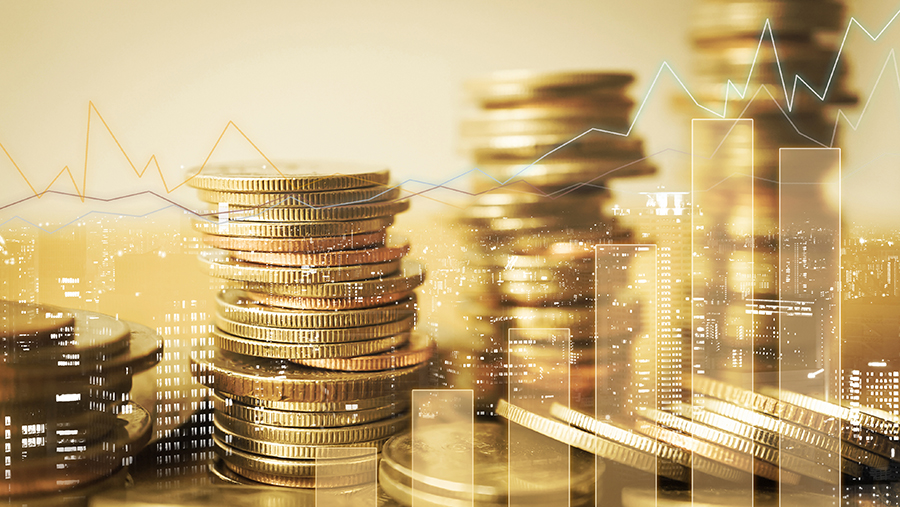Career Paths in Economics: The Best Free Guide For Economists
Are you wondering what you can do with an economics degree? You are not alone. A lot of people are curious about the different career paths that are available to them when they have an economic degree. In this blog post, we will discuss some of the most popular career paths for economics majors. We will also talk about how to decide which path is right for you and what skills you need to succeed in this field. So, if you are wondering what to do with your economics degree, read on!
What do economists do on a day-to-day basis?
There are a lot of career paths in economics, but what do economists do on a day-to-day basis? The answer to this question depends on the career path that you choose.
For example, if you become an economic analyst, your job will be to collect and analyze data to help businesses make informed decisions. If you become a financial planner, you will help individuals and families make smart choices about their money. And if you work in the government, you could be involved in everything from crafting economic policy to researching on behalf of the government.
A degree in economics goes far!
Some economics graduates work with the financial markets in the business world at management consulting firms, commercial banks, or investment banks. Others may go on to get their law degree and become a lawyer specializing in business law or tax law.
There are many options available to those with an economics degree. The key is finding the career path that best suits your skills and interests. With so many potential paths open to you, the sky’s the limit!
Economics Careers Are in High Demand!
Some economists work for businesses, helping them make decisions about everything from where to locate factories to how many products to produce. Other economists work for government agencies at all levels—local, state, and federal—where they help develop policies and regulations. Still, others work in think tanks, nonprofits, or as consultants, providing analysis and advice on a variety of topics.
So, as you can see, there is a lot that economists do! But what does it take to succeed in this field? Let’s take a look at some of the skills that are important for economists.
What are the benefits for undergraduate economics majors?
There are many benefits for college majors working on their undergraduate degree in economics. One of the most important is that they develop analytical skills. These skills are valued by employers in many different industries, not just economics. Being able to think critically and solve problems is a skill that will always be in demand.
In addition, economists learn to communicate well. They need to be able to explain their ideas clearly, both in writing and verbally. This is another skill that is valued by employers across many industries.
Economics majors also develop strong research skills. They learn how to find and use data to support their arguments. And finally, they gain an understanding of how economic principles can be applied to real-world problems.
All of these analytical skills are valuable in the job market and will help you succeed in your career, working with international organizations and international trade or academic journals, the career opportunities are endless.
How much money can you make as an economist?
Economic issues are not going anywhere and studying economics requires professional qualifications as well as statistical techniques and an ability to think analytically.
This is a career that offers great job satisfaction and interesting work as well as a good salary.
The average salary for an economist in the United States is $105,000, but experienced professionals can earn much more than this.
Here is a list of careers for economics majors to consider:
Research Analyst:
A research analyst is responsible for conducting economic research and analysis on behalf of their company or organization. Economic analysis requires critical thinking with corporate finance, budgeting, and investment analysis. A research analyst position is a great option for those who want to apply their economic skills in the real world. Some economic students will go to law school after getting their graduate degree in economics.
The average salary for a research analyst per year is: $60,000 – $80,000.
Investment Banker:
An investment banker is a professional who helps companies raise money by issuing and selling securities. They work in the securities industry. Investment bankers typically have a four-year degree in business or economics. Many investment bankers begin their careers as research analysts or sales representatives before moving into an investment banking position.
The average salary for an investment banker per year is: $100,000 – $200,000+.
Financial Analyst:
A financial analyst is a professional who guides businesses and individuals in making investment decisions. A financial analyst can work in either the public or private sector. Financial analysts typically have a four-year degree in business or economics with a concentration in international relations or the global economy.
The average salary for a financial analyst is: $60,000 – $80,000+.
Policy Analyst:
Policy analysts are similar to investment analysts with quantitative analysis but where they differ is that they focus on analyzing public policy. A policy analyst needs to have excellent research skills so that they can understand how a particular policy will affect people, businesses, and the economy as a whole.
The average annual salary for a policy analyst is: $60,000 – $80,000+.
Economist:
An economist is someone who studies the production and consumption of goods and services and how these activities are managed. Economists typically have a four-year degree in economics with a concentration in international relations or the global economy.
The average salary for an economist is: $60,000 – $100,000+.
So, if you’re thinking of pursuing a career in economics, know that the possibilities are endless and the rewards can be great.
What skills do you need to become an economist?
Some skills that economics students or even economics graduates should have are basic economic analysis. This means understanding economic concepts such as:
-data analysis
-economic trends
-market research
-labor economics
-urban economics
-economic growth
-labor statistics
-interpret data
-collect data
For economics careers, the business environment with financial consultants offer research positions and is a great way to prepare students for the public sector. Most economists study economics and you can further study at individual companies from senior management! Other skills like time management, logic reasoning, and problem-solving skills are a less competitive structure.
What is the economic research and job outlook for economists in the future?
The labor statistics for economics careers according to market research from the Bureau of Labor Statistics website show that most of the economic growth will be in management and business.
The website states that “Employment of economists is projected to grow 14 percent from 2016 to 2026, much faster than the average for all occupations. Job prospects should be best for those with a master’s degree or Ph.D., strong analytical skills, and experience using statistical analysis software.”
Therefore, a career in economics is a great way to use your degree and skillset! We hope you enjoyed reading this article and if you want to check out more or would like to share your thoughts, please comment below!



